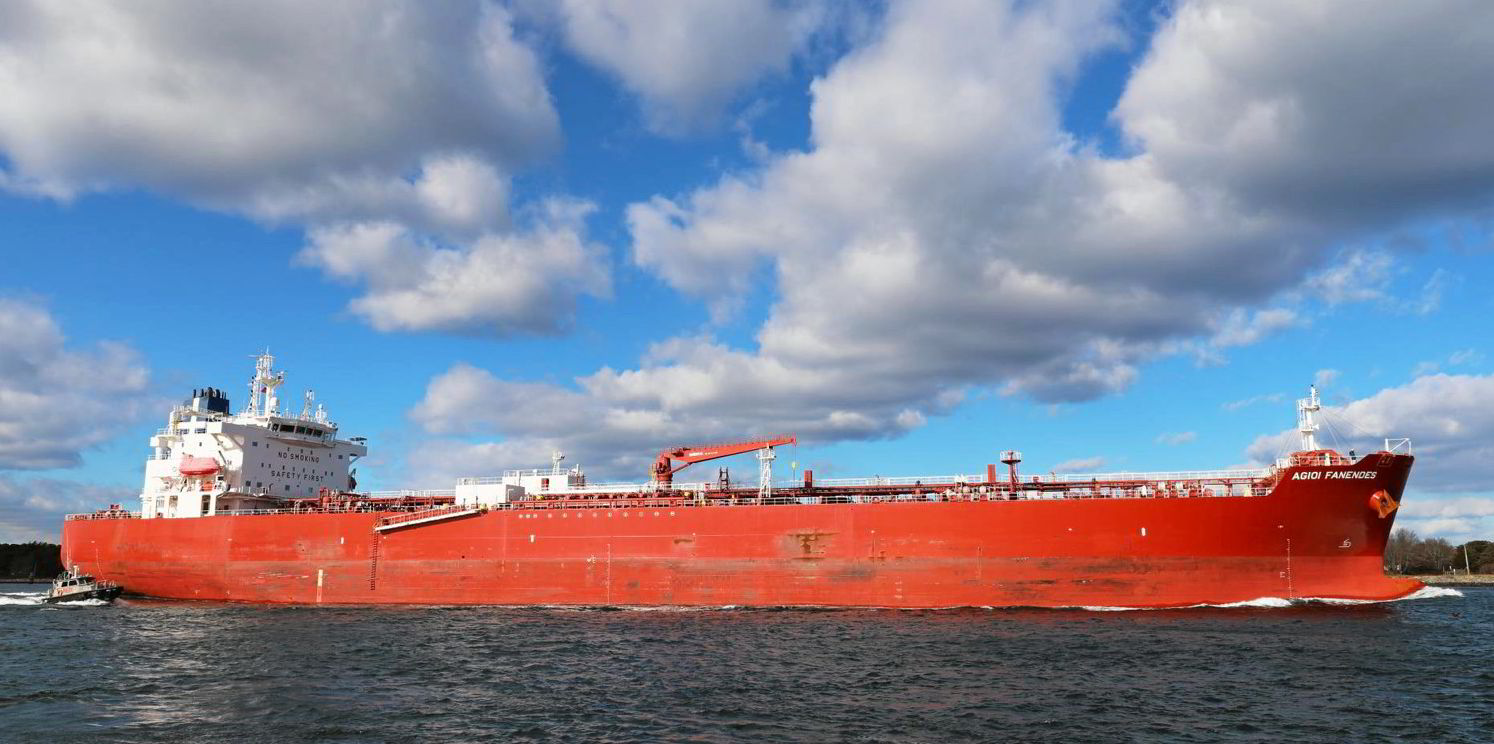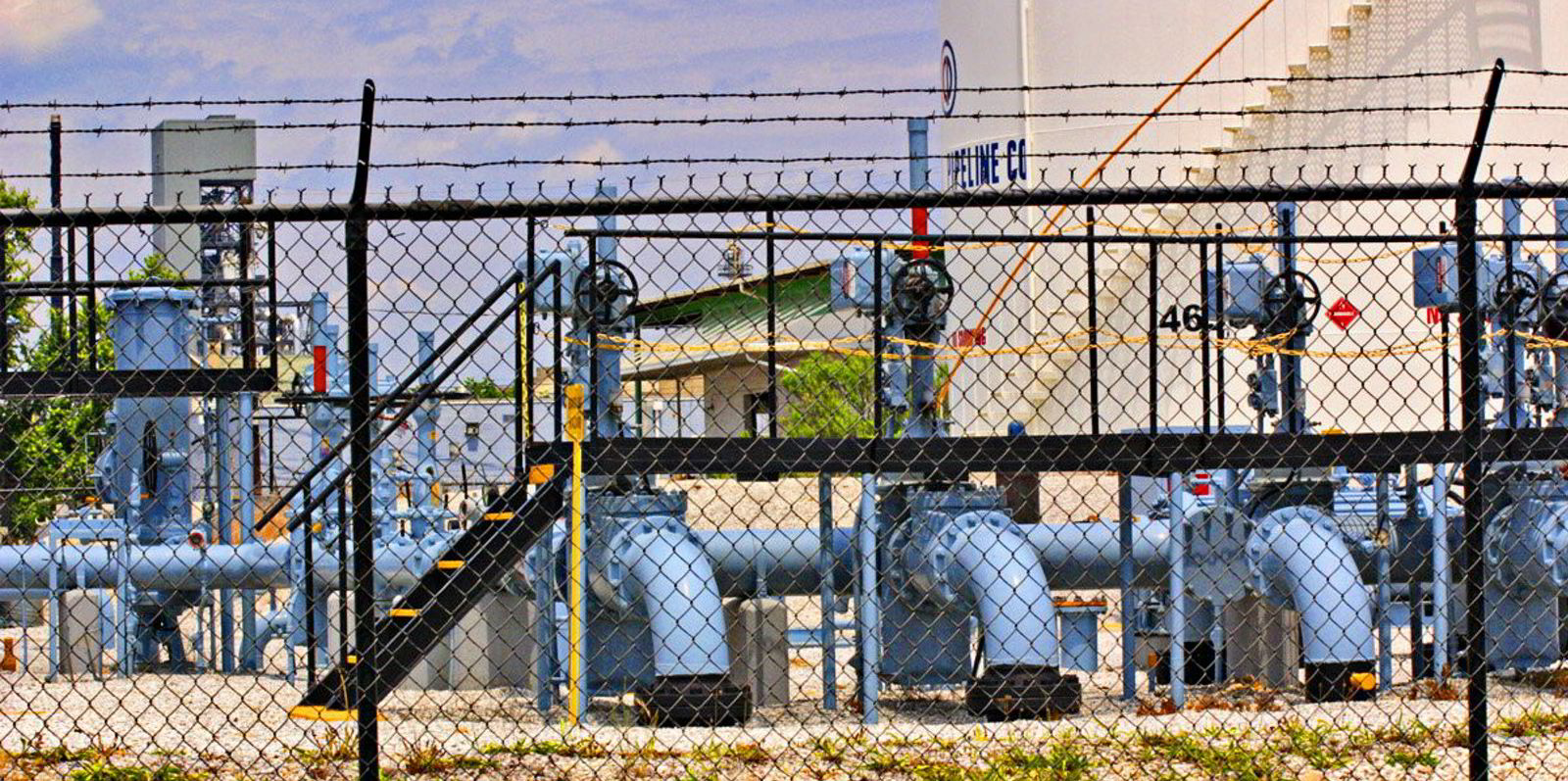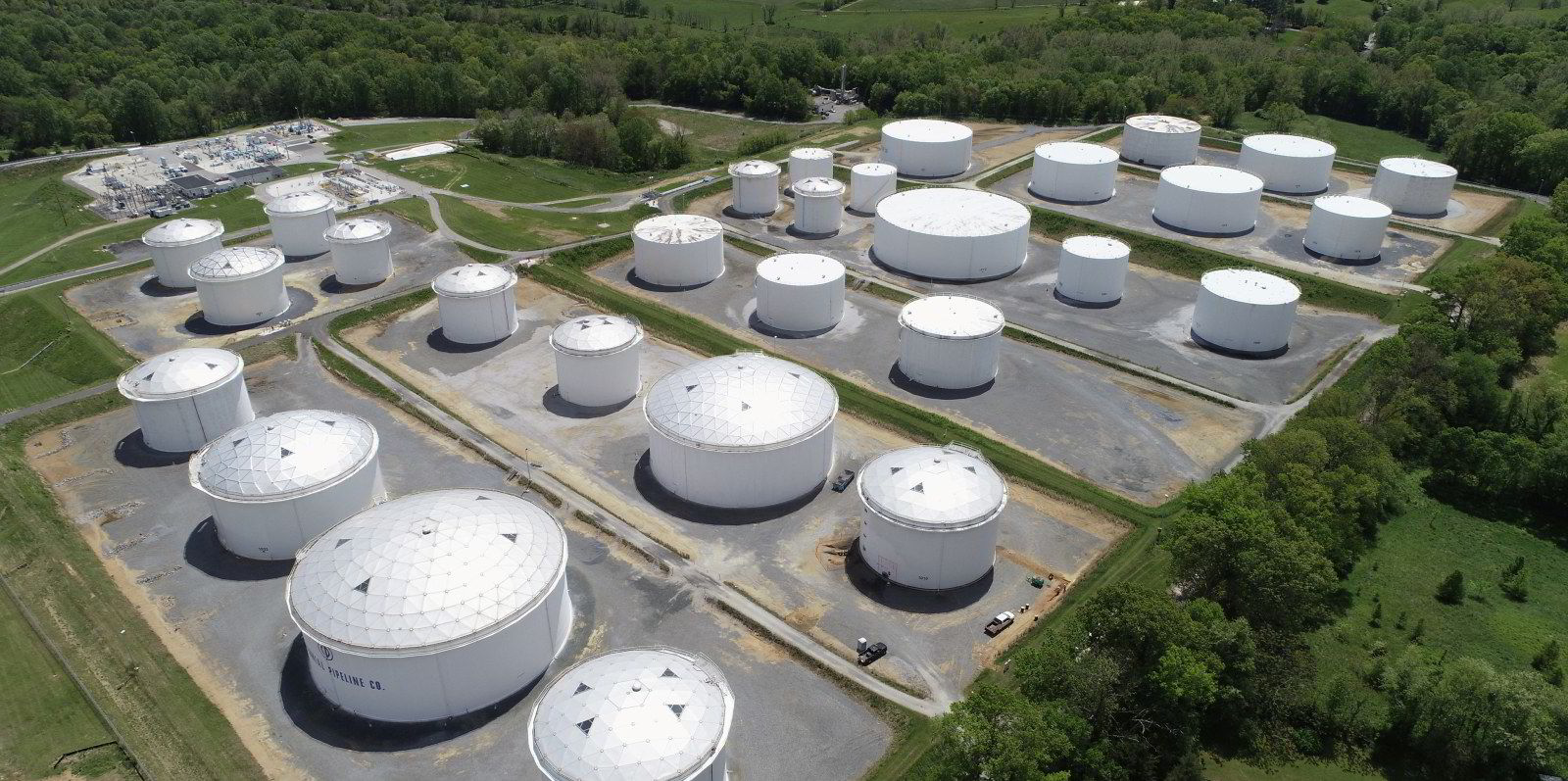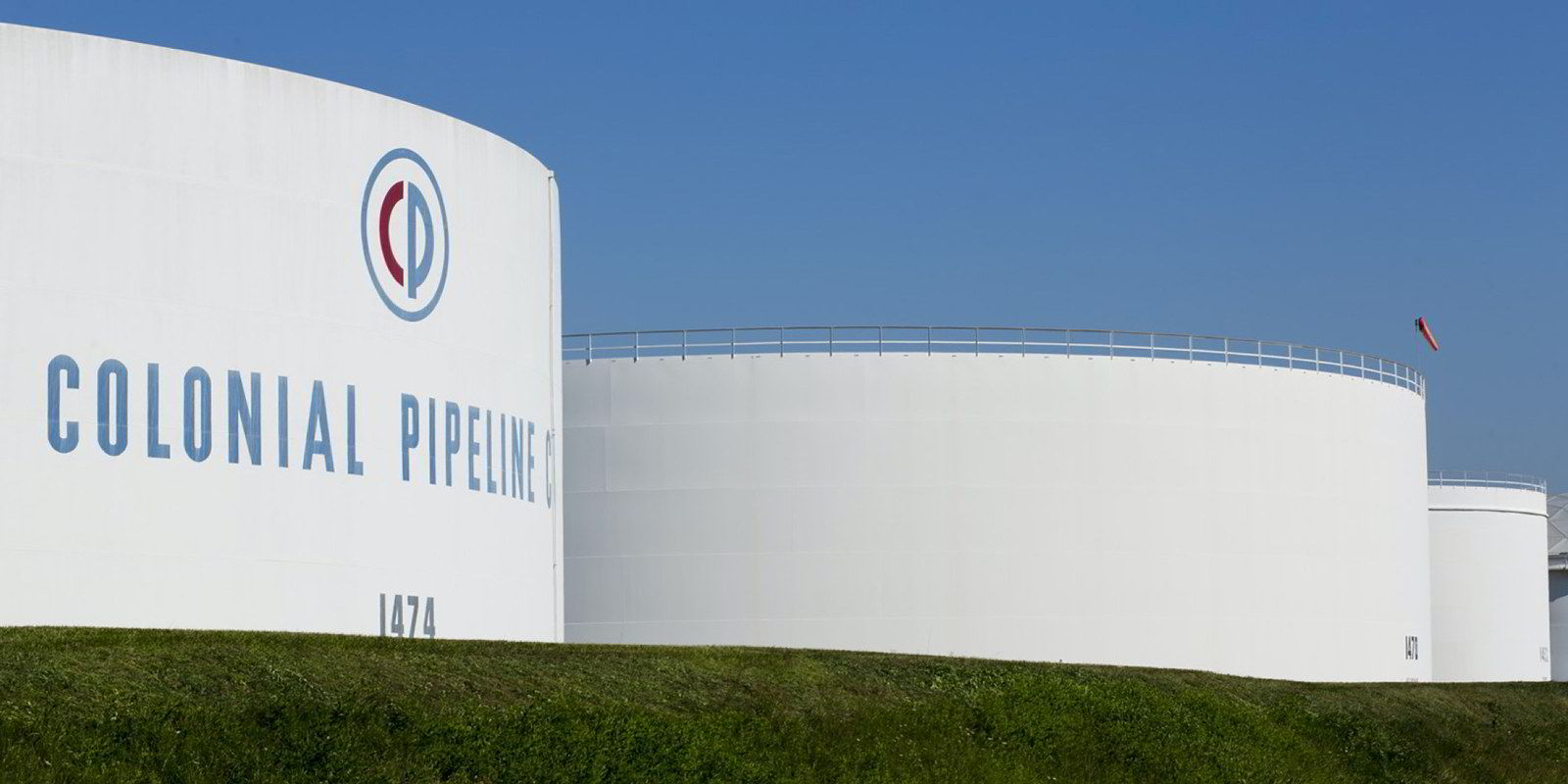An MR tanker controlled by Eastern Mediterranean Maritime could be the one and only foreign-flagged vessel to enter US cabotage trade following a five-day outage of Colonial Pipeline.
On Wednesday, the US Department of Homeland Security issued a “temporary and targeted” Jones Act waiver to an unnamed company to ease domestic fuel shortage.
“This waiver will help provide for the transport of oil products between the Gulf Coast and East Coast ports to ease oil supply constraints as a result of the interruptions in the operations of the Colonial Pipeline,” homeland security secretary Alejandro Mayorkas said.
“The decision to approve the waiver was made after careful consideration and consultation with interagency partners across the federal government.”
Kpler data showed Eastmed’s Malta-flagged, 49,996-dwt Agioi Fanendes (built 2019) was fully fixed to lift gasoline from US Gulf between 15 and 17 May for a shipment to the Atlantic coast.
No information on the rate level and the charterer – which would be the winner of Jones Act waiver – is available.
The Athens-based company’s chartering department declined to comment on the fixture.
US domestic shipping is regulated by the Jones Act, which requires voyages between US ports to be carried out by ships built, crewed, flagged and owned domestically.
Waivers for the cabotage rules are seldom given, with the last taking place in 2017 after Hurricane Maria devastated Puerto Rico. The waiver lasted 10 days.

No additional waivers are expected to be issued as Colonial Pipeline is resuming normal operations. Some brokers even said the Agioi Fanendes fixture might have actually failed.
The pipeline, which supplies nearly half of all transport fuels to the Atlantic coast, had been shuttered following a ransomware attack on Friday.
Its operator began to bring the vital fuel artery back online on Wednesday before making further progress in supplying its clients.
“Colonial Pipeline has made substantial progress in safely restarting our pipeline system and can report that product delivery has commenced in a majority of the markets we serve,” the operator said in a statement.
“By mid-day today [Thursday], we project that each market we service will be receiving product from our system.”
The 8,851-km pipeline system transports gasoline and distillates from refineries on the US Gulf Coast to the Atlantic coast.
During the pipeline outage, oil firm came out to charter vessels in droves to lift excess US Gulf barrels and ship European refined products to the Atlantic coast.
Tanker rates in the Atlantic basin spiked to multi-month highs before a sharp correction as many of those preliminary fixtures did not materialise.
Spot MR earnings on the route from north-west Europe to the US Atlantic coast had surged from $5,591 per day on Friday to $10,833 on Monday, before sliding to $6,259 on Thursday, according to the Baltic Exchange.
Spot earnings for the trade from the US Gulf to Brazil had jumped from $7,030 per day on Friday to $20,246 on Tuesday, before collapsing to $12,101 on Thursday.
MR earnings for shipping refined products from the US Gulf to north-west Europe fell from $10,267 per day on Tuesday to $5,428 on Thursday, which was still much higher than -$65 last Friday.







